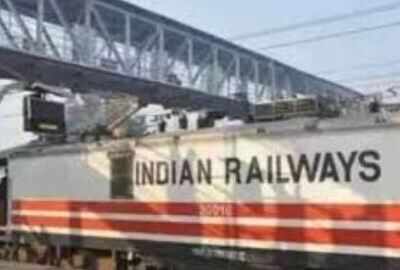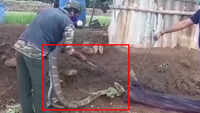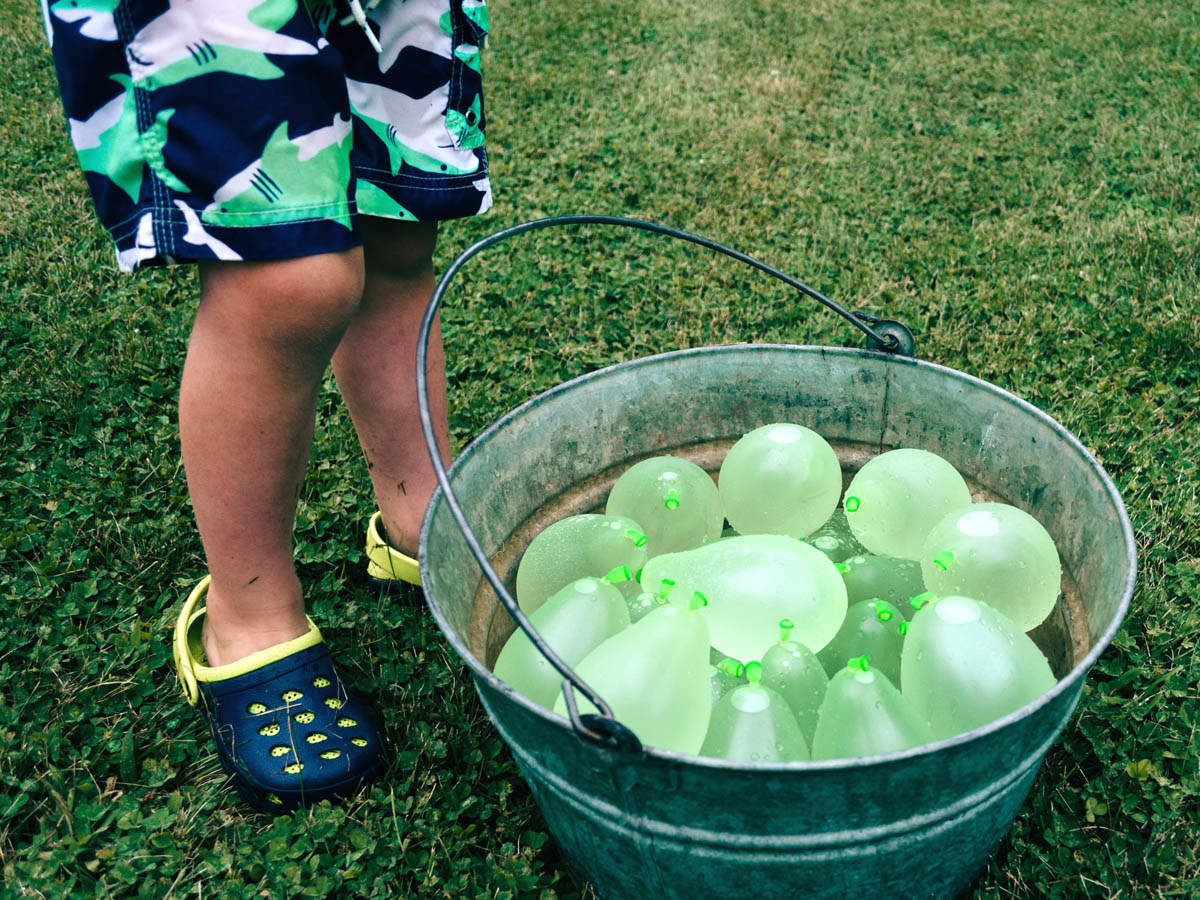
JAIPUR: The outburst of Covid-19 has not only affected the passengers’ load at various trains, it has also delayed the Delhi-Ajmer electrification work via Jaipur. Since June the civil and electric work has been started and the authorities are hoping to get the work completed by October 2020. The completion will bring down the travel town to at least 30 minutes and would also help the railways to save fuel.
Authorities of North Western Railways (NWR) on Monday said civil and electric work was almost complete except a patch of 22 km between Bassi and Jaipur in the month of March. After completion, travel time between Jaipur and Delhi will be curtailed at least by 45 minutes.
Though the project has already missed its previous deadlines, the outbreak of Covid-19 too has played spoilsport.
“The work is in progress, we have a patch of only 22 km left where laying of electric poles, cabling and other work is now going on at a fast pace. Work between Delhi and Bassi is complete. Now work in progress in the Bassi-Jaipur-Kanakpura-Ajmer section,” said a senior officer of NWR.
Asked about the progress of work, Abhay Sharma, chief public relations officer, NWR, said, “The work was affected due to the Covid-19 outbreak. With a limited manpower and labour work is in progress. Hopefully this would be completed by October 2020.”
The work is now visible at the electric poles, cabling and traction is now visible on the tracks passing through Gandhi Nagar, Tonk Phatak, Ajmer Road and other parts of Jaipur.
Delhi-Jaipur electrification is a part of Delhi-Jaipur-Ajmer-Ahmedabad project undertaken by the Central Organisation for Railway Electrification (CORE). “Jaipur to Delhi rail route will be electrified first. This will be followed by Jaipur-Ajmer and then Ajmer-Ahmedabad,” a senior officer said.
“This will also bring punctuality as trains like Pooja Express, Ashram Express, Bhuj-Bareilly, Jaipur-Delhi double decker which used to face crossings between Bandikui-Dhigawara will get through with the double line. This will of course cut down the travel time of the passengers,” said a senior officer involved in the traffic of the NWR
Once the electrification work is over, the trains can attain a speed above 110 kms/hour on the route and will bring down the travel time from existing 4 hours 30 minutes to 4 hours 15 minutes.
Authorities of North Western Railways (NWR) on Monday said civil and electric work was almost complete except a patch of 22 km between Bassi and Jaipur in the month of March. After completion, travel time between Jaipur and Delhi will be curtailed at least by 45 minutes.
Though the project has already missed its previous deadlines, the outbreak of Covid-19 too has played spoilsport.
“The work is in progress, we have a patch of only 22 km left where laying of electric poles, cabling and other work is now going on at a fast pace. Work between Delhi and Bassi is complete. Now work in progress in the Bassi-Jaipur-Kanakpura-Ajmer section,” said a senior officer of NWR.
Asked about the progress of work, Abhay Sharma, chief public relations officer, NWR, said, “The work was affected due to the Covid-19 outbreak. With a limited manpower and labour work is in progress. Hopefully this would be completed by October 2020.”
The work is now visible at the electric poles, cabling and traction is now visible on the tracks passing through Gandhi Nagar, Tonk Phatak, Ajmer Road and other parts of Jaipur.
Delhi-Jaipur electrification is a part of Delhi-Jaipur-Ajmer-Ahmedabad project undertaken by the Central Organisation for Railway Electrification (CORE). “Jaipur to Delhi rail route will be electrified first. This will be followed by Jaipur-Ajmer and then Ajmer-Ahmedabad,” a senior officer said.
“This will also bring punctuality as trains like Pooja Express, Ashram Express, Bhuj-Bareilly, Jaipur-Delhi double decker which used to face crossings between Bandikui-Dhigawara will get through with the double line. This will of course cut down the travel time of the passengers,” said a senior officer involved in the traffic of the NWR
Once the electrification work is over, the trains can attain a speed above 110 kms/hour on the route and will bring down the travel time from existing 4 hours 30 minutes to 4 hours 15 minutes.

Coronavirus outbreak
Trending Topics
LATEST VIDEOS
More from TOI
Navbharat Times
Featured Today in Travel
Quick Links
Kerala Coronavirus Helpline NumberHaryana Coronavirus Helpline NumberUP Coronavirus Helpline NumberBareilly NewsBhopal NewsCoronavirus in DelhiCoronavirus in HyderabadCoronavirus in IndiaCoronavirus symptomsCoronavirusRajasthan Coronavirus Helpline NumberAditya ThackerayShiv SenaFire in MumbaiAP Coronavirus Helpline NumberArvind KejriwalJammu Kashmir Coronavirus Helpline NumberSrinagar encounter
Get the app









